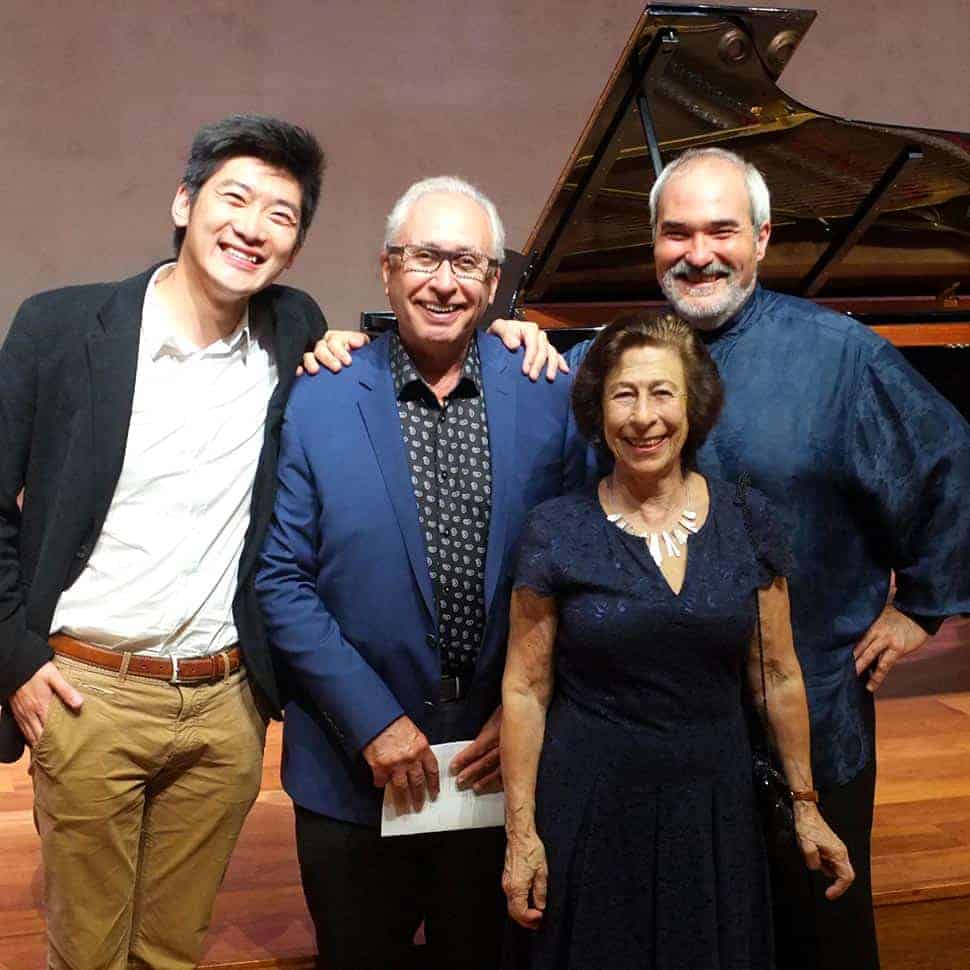In 2016, Jack Richards’ articles were the most frequently downloaded articles in RELC Journal.
Journal publishers today count the number of downloads of articles as a main indicator of the success of a journal. The publisher of RELC Journal (Sage) reports that Jack Richards’ articles in RELC Journal were the most frequently downloaded articles in 2016. The 10 most frequently downloaded articles in order of frequency were:
Total Downloads
- Jack C. Richards and Randi Reppen. Towards a Pedagogy of Grammar Instruction – 2,655 Downloads
- Montri Tangpijaikul. Preparing Business Vocabulary for the ESP Classroom – 2,102 Downloads
- Martha C. Pennington & Jack C. Richards. Teacher Identity in Language Teaching: Integrating Personal, Contextual, and Professional Factors – 1,616 Downloads
- Yan Jiang. Exploring Teacher Questioning as a Formative Assessment Strategy – 1,180 Downloads
- Lindy Woodrow. Anxiety and Speaking English as a Second Language – 1,160 Downloads
- Jayoung Song. EFL Learners’ Incidental Acquisition of English Prepositions through Enhanced Extensive Reading Instruction – 1,106 Downloads
- Jack C. Richards. Curriculum Approaches in Language Teaching: Forward, Central, and Backward Design – 1,090 Downloads
- Jack C. Richards. The Changing Face of Language Learning: Learning Beyond the Classroom – 980 Downloads
- Zhao Hong Han. Rethinking the Role of Corrective Feedback in Communicative Language Teaching – Downloads 710
- Sandhya Rao Mehta. Can Thinking be Taught? Linking Critical Thinking and Writing in an EFL Context – Downloads 648
